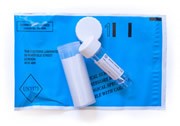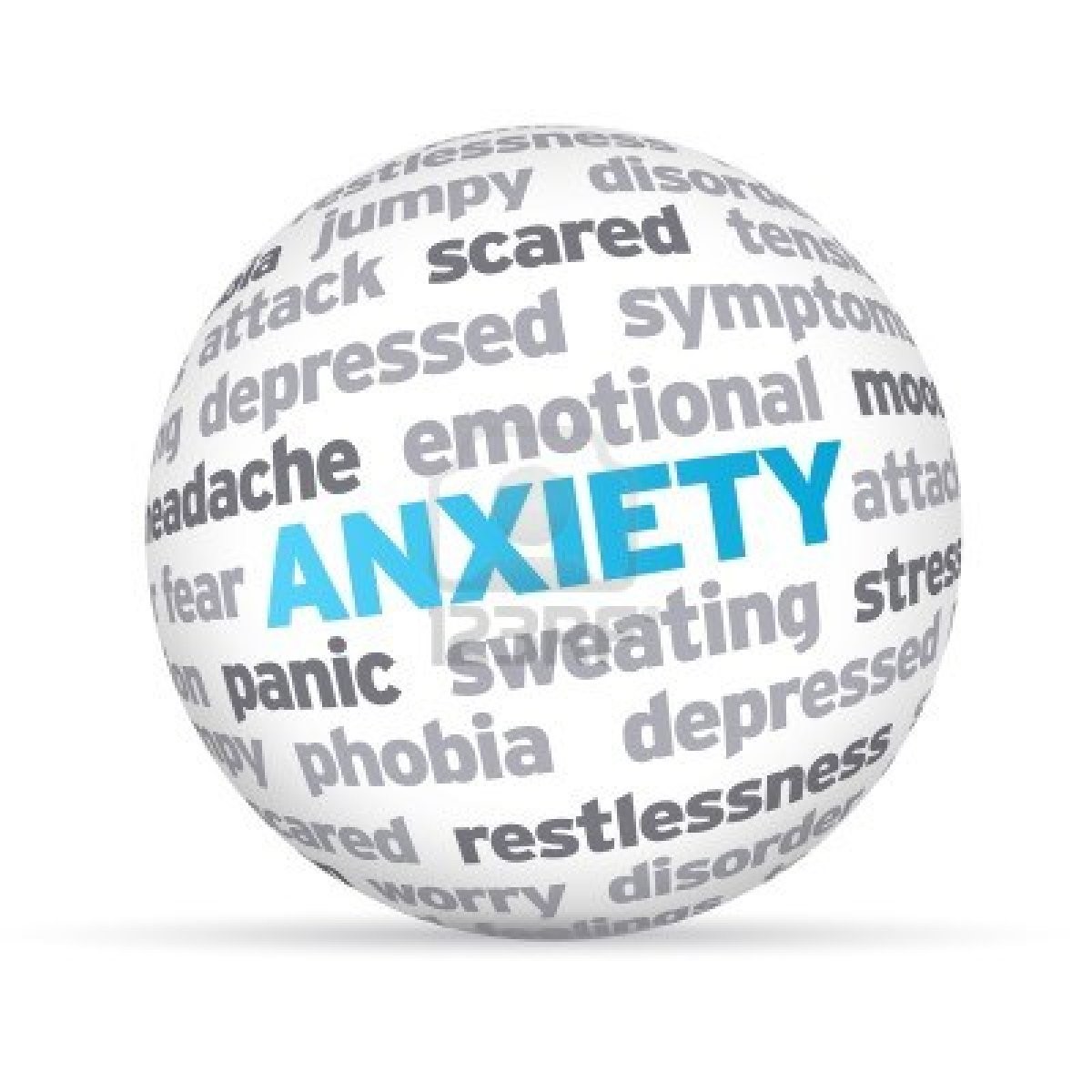Anxiety or worry is that horrible feeling you get when you’re constantly thinking about something that’s troubling you. It’s a common feeling in many situations but can become particularly acute if you’re worrying about your sexual health.
Perhaps you have concerns over a recent sexual encounter, you’re concerned about passing on an infection that you suspect you might have, or you’re worried about getting tested and the impact of a positive result. Perhaps you’re anxious about seeing the doctor because of the shame and stigma you feel.
It’s normal to be experiencing these feelings. Worry can manifest in many ways, such as headache, increased heart rate, nausea, poor concentration, intrusive thoughts and tiredness. You might experience depression, trouble sleeping, guilt, fear or agitation.
Anxiety can become a problem when it affects areas of your daily life and you struggle to control it. Worry is like a downward spiral, the more you think about it, the worse you feel. Your mind goes into overdrive and you might start searching for information online that will only make you feel worse.
Worry can also be a useful emotion, making you feel uncomfortable enough to want to do something about the problem you think you might have. It also gives you an opportunity to think over an event that worried you and see how you can make changes in the future.
Consider these questions if you are experiencing excessive anxiety:
Are you exceeding your comfort levels? Everyone has different levels of risk or comfort, especially when it comes to sexual relations. If you engaged in an act that was outside your comfort zone, think about how you could change this. Perhaps you’ve been encouraged to not use a condom, and this is causing you excessive worry?
Have you got the latest and most trustworthy information? Only use trusted online sources for information on the chances of contracting an STI from different types of sex, for example.
Put your mind at ease with a home testing kit. Only then will you need to visit a medical professional should you receive a positive result. For Bexley Home STI kits, visit bexleysexualhealth.org/home_sti_kits
Try not to spend too much looking for answers on the internet. This can often make your anxiety feel more acute as the internet is packed with sensationalist information that is often outdated or plain wrong. Spend your time trying to improve how you feel, such as deep breathing exercises, mindfulness and relaxation techniques.
When you start to feel your anxiety creeping up, repeat some statements in your mind that although you are worried, you can remain calm. Create your own personal worry plan to help push away intrusive thoughts and keep your breathing steady. Part of your worry plan could include steps such as:
When I feel worried, I will not carry on searching the internet
I will focus on deep breathing and calm my thoughts
Repeat positive affirming statements in your head





